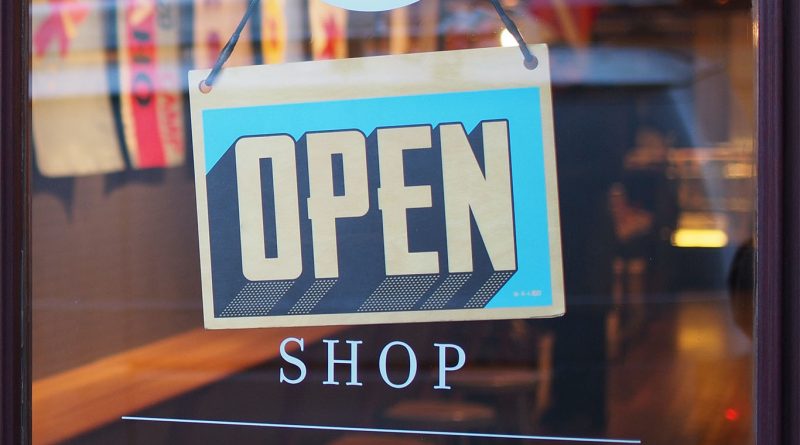Levi Strauss in 2023: CFO Harmit Singh’s Masterclass in Financial Resilience
Levi Strauss & Co., under the financial stewardship of CFO Harmit Singh, is navigating a challenging economic landscape marked by inflation and shifting consumer habits, including the dynamics of the U.S. wholesale market. Singh, a seasoned executive with nearly three decades of experience, has been instrumental in guiding the iconic apparel brand through these turbulent times, particularly focusing on strengthening the U.S. wholesale strategy.
Strategic Leadership and Financial Acumen
Harmit Singh, who assumed the role of CFO of Levi Strauss in 2013, has a commendable track record. His experience covers diverse industries such as hospitality, restaurant, travel, and finance. Before joining Levi Strauss, Singh was the CFO of Hyatt Hotels and held various leadership positions at Yum! Brand foods, including as CFO of Pizza Hut. Known for his strategic foresight, he successfully established global financial structures and steered companies through public offerings. Beyond his CFO duties, Singh also serves as Levi Strauss’s Chief Growth Officer, where he oversees Corporate Strategy and Global Retail Real Estate divisions, with a keen eye on optimizing the U.S. wholesale operations.
In the first quarter of 2023, Levi Strauss reported net revenues of $1.7 billion, a 6% increase from the previous year, and a 9% increase on a constant-currency basis. This growth, driven primarily by the Direct-to-Consumer (DTC) channel, which saw a 12% increase and constituted 42% of the quarter’s net revenues, was slightly offset by challenges in the U.S. wholesale segment. The company’s operating income and net income decreased compared to the previous year, and the gross margin declined from the previous year’s record level.
Singh’s Strategy for Growth and Stability
Singh’s strategic plan for Levi Strauss focuses on expanding the DTC business, aiming for it to make up 55% of the company’s business by 2027. This includes opening 400 new stores across all brands and tripling e-commerce, which currently represents a modest 8% of total business. Simultaneously, there’s a concerted effort to revitalize the U.S. wholesale business. This strategy is supported by a $750 million share repurchase program, reflecting confidence in the company’s growth trajectory.
Singh has also been proactive in addressing shifts in consumer demographics, particularly in the U.S. wholesale market, targeting a younger demographic through brand collaborations and a growing loyalty program. Furthermore, he has implemented “surgical” price increases, mindful of inflation and brand strength, and leveraging AI and machine learning for pricing and markdown strategies.
Levi Strauss’s financial outlook remains cautiously optimistic. The company reaffirmed its annual revenue and EPS guidance, reflecting confidence in its diversified business model and the momentum in its DTC and international businesses, along with a strategic focus on stabilizing and growing the U.S. wholesale channel. The projected net revenues for 2023 are estimated to be between $6.3 billion and $6.4 billion, with an adjusted diluted EPS of $1.30 to $1.40.
Community Engagement and Sustainability
Away from the financial realm, Singh is recognized for his commitment to sustainability and community engagement, aligning with the growing focus on corporate social responsibility and environmental stewardship.
Harmit Singh’s strategic leadership at Levi Strauss & Co. showcases a multifaceted approach to navigating economic uncertainty. His focus on expanding the DTC channel, engaging with a younger demographic, and implementing innovative pricing strategies, combined with his commitment to sustainability and a rejuvenated focus on the U.S. wholesale market, positions Levi Strauss well to tackle the challenges and opportunities of the current economic climate.
